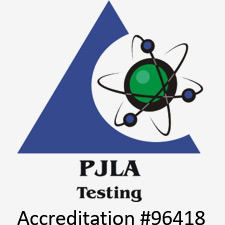The purpose of forced degradation testing is to evaluate the stability of drug substances and drug products in different environmental conditions including light, temperature, humidity and oxidation. It is useful in establishing degradation pathways and developing and validating suitable analytical procedures. However, such examination may not be necessary for certain degradation products if it has been demonstrated that they are not formed under accelerated or long-term storage conditions.
According to ICH Q1A, stress testing can help identify likely degradation products using accelerated testing/intermediate testing. Accelerated testing is designed to study the chemical and physical stability of drug substances and drug products under exaggerated storage conditions. Results from accelerated testing could be used to evaluate the long-term stability under conditions expected to produce an increased rate of degradation, such as higher storage temperature and greater humidity.
In ICH Q1B, forced degradation testing is recommended to evaluate the overall photosensitivity of the material. In these studies, the samples should be in chemically inert and transparent containers, and the samples should be examined for any changes in physical properties (e.g., appearance, clarity, or color of solution) and assayed for degradants by a method suitably validated for products likely to arise from photochemical degradation processes.
ICH highly recommends forced degradation testing of drug substances and drug products. Where appropriate, attention should be paid to reviewing the adequacy of the mass balance under different stability and degradation conditions.
Jordi Labs has extensive experience in drug substances and drug products and the most advanced analytical techniques and resources. Jordi Labs’ chemists routinely support clients with their regulatory testing requirements and related applications.
References:
Guidance for Industry Q1A(R2) Stability Testing of New Drug Substances
and Products




